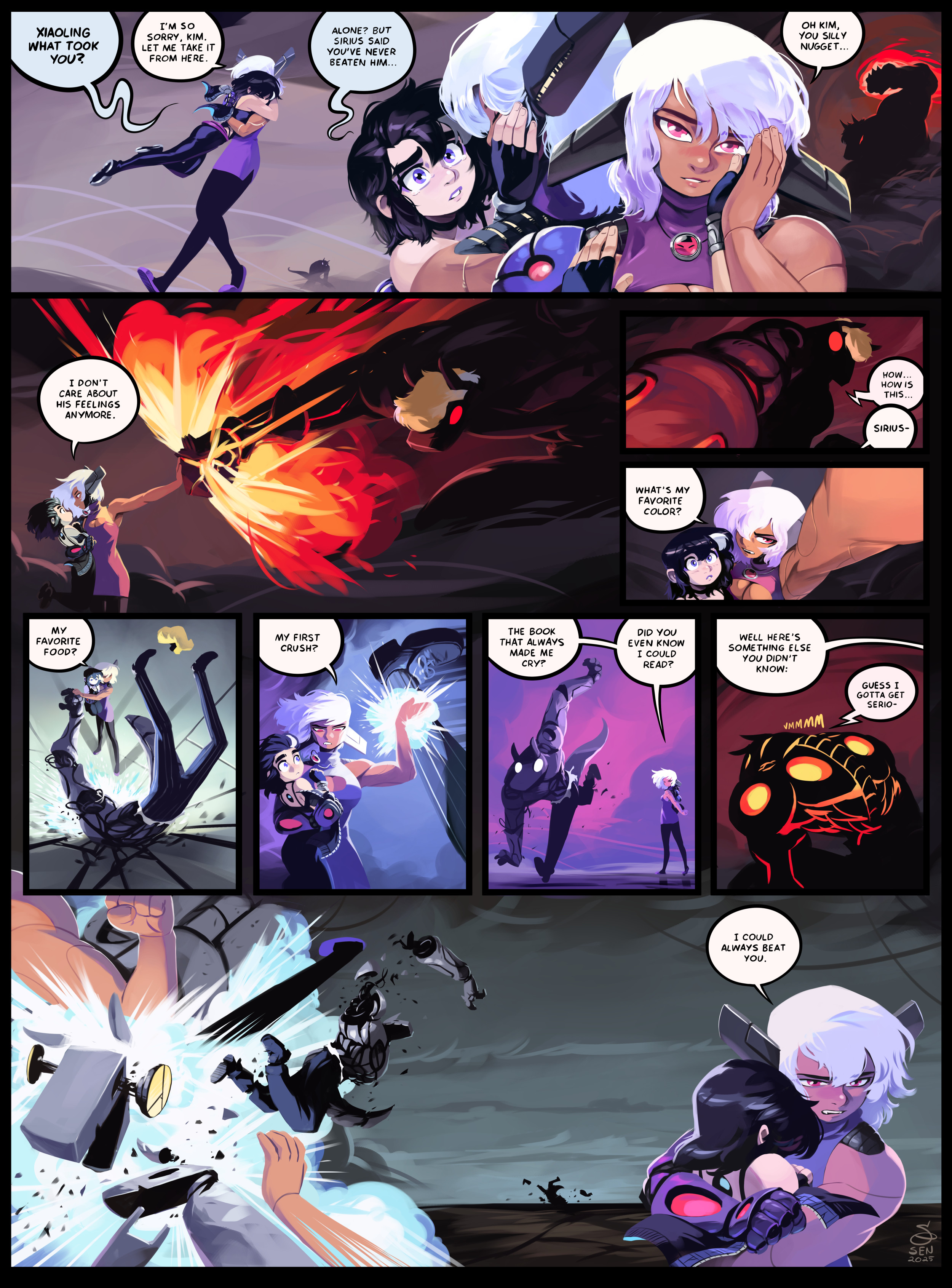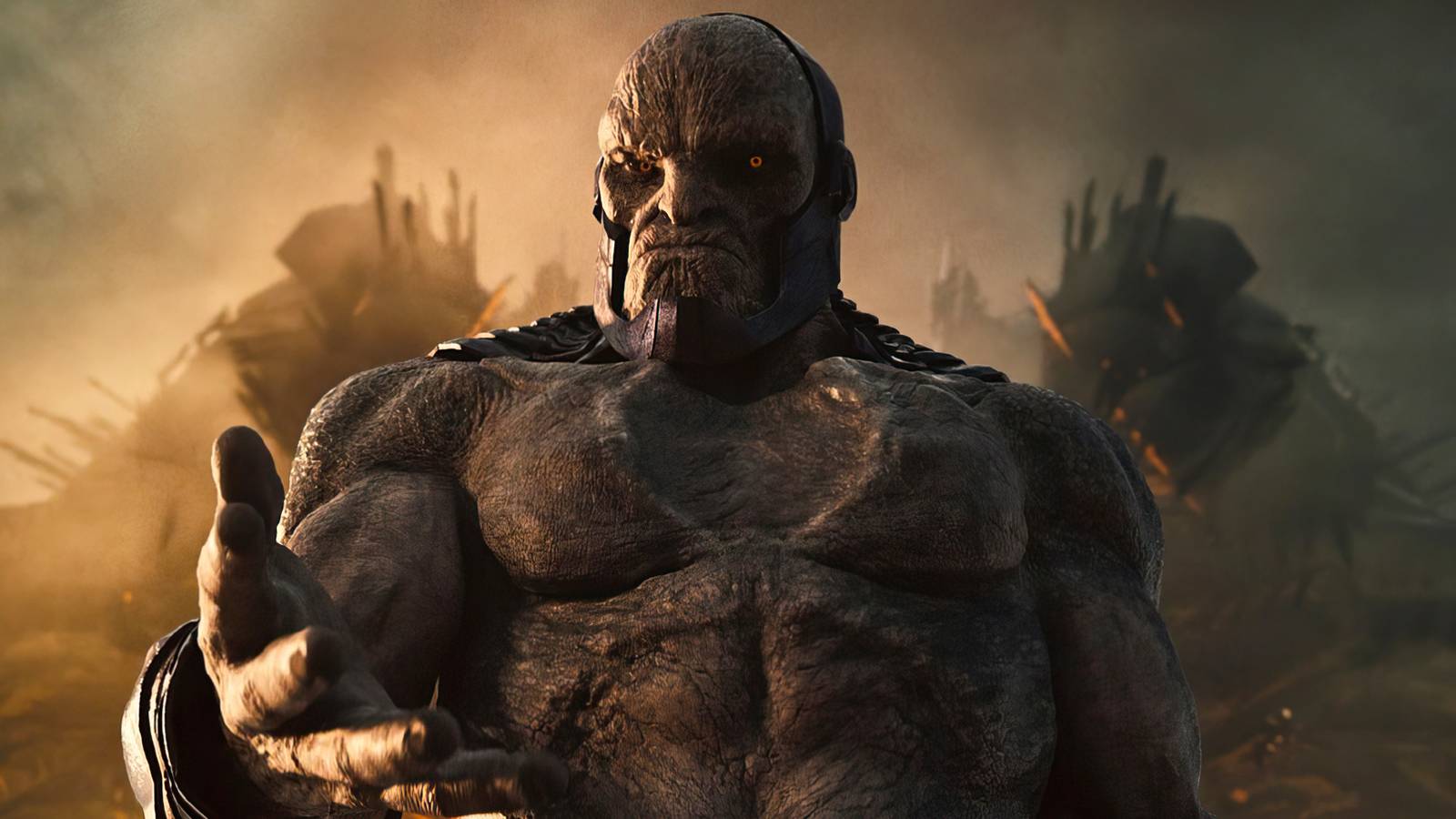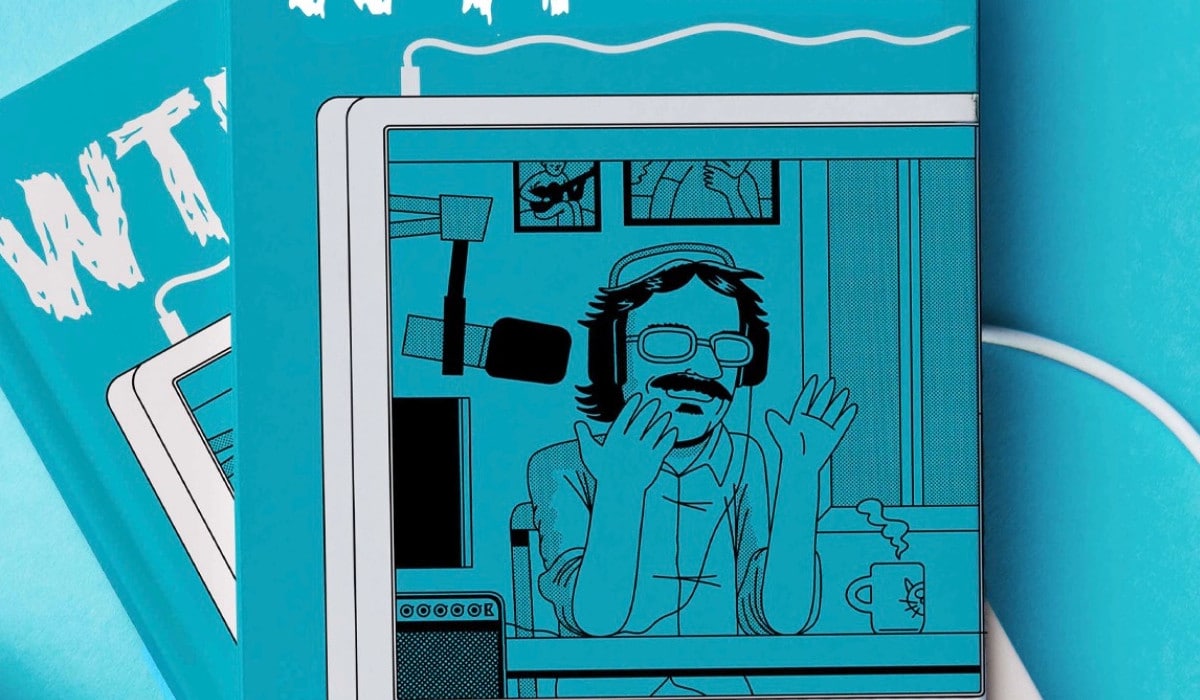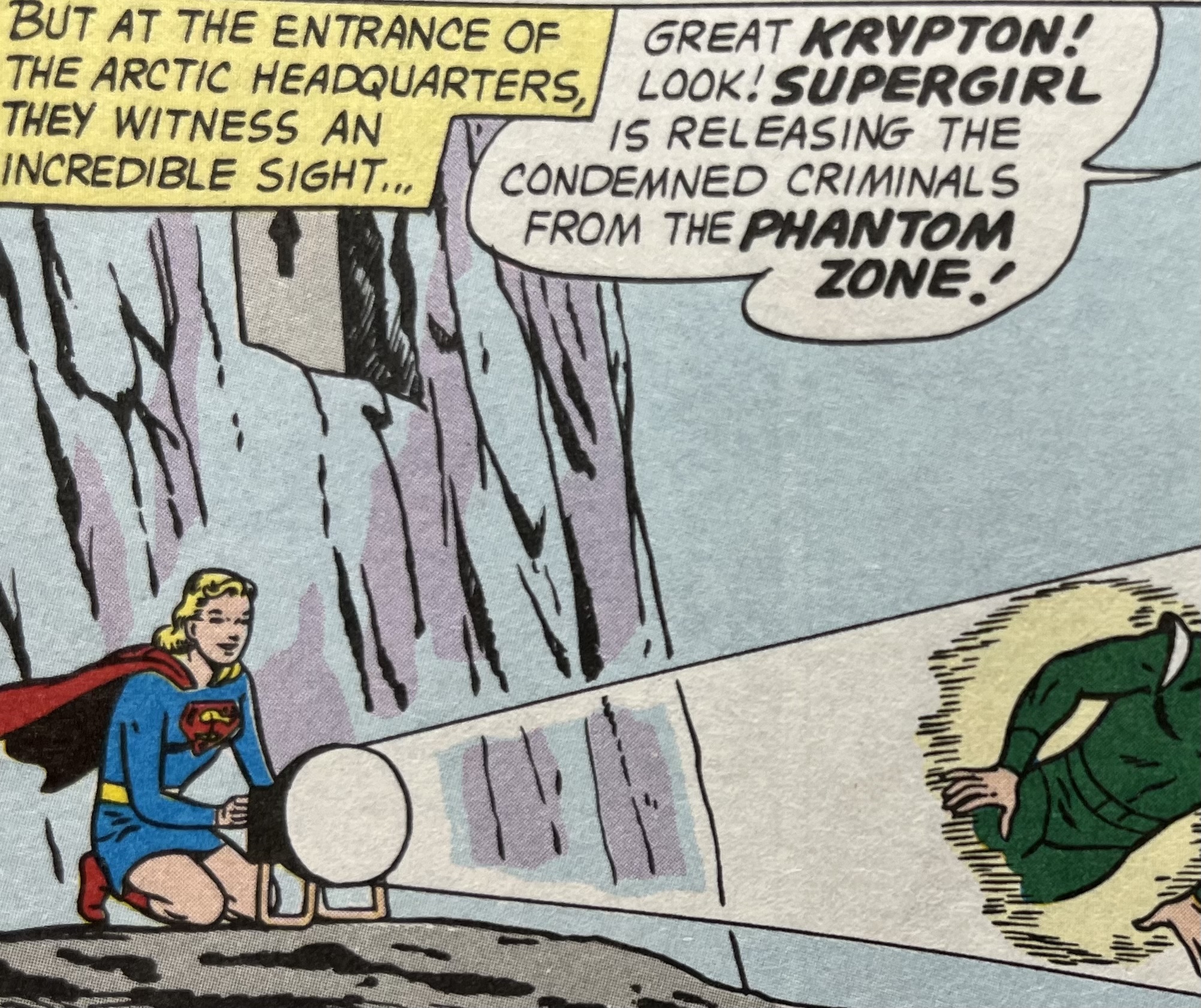
Marvel’s The Fantastic Four: First Steps, starring Pedro Pascal, Vanessa Kirby, Joseph Quinn, and Ebon Moss-Bachrach, opened this weekend to an estimated $118 million at the domestic box office. Despite this strong debut, the film failed to surpass DC’s Superman, which launched earlier this month with a $125 million opening in North America. Despite initial hype and comparisons to DC’s Superman, this latest MCU film underperformed at the box office, with a steep 42% drop in ticket sales from Friday to Saturday—a sharper decline than recent superhero entries like Captain America: Brave New World, Deadpool & Wolverine. and Thunderbolts*.

A key factor contributing to this underperformance is the front-loading pattern common in Marvel films, in which sales spike during opening day but then fall sharply. While Fantastic Four launched with an engaged audience—reflected in an A- CinemaScore—the enthusiasm did not sustain through the weekend. Reports suggest fewer families attended compared to Superman, signaling a potential demographic challenge for Marvel’s first family. While the film brought in $118 million domestically and $218 million worldwide, the drop-off in audience numbers over the weekend was notably larger than what Superman experienced, indicating weakening momentum and diminishing broader appeal beyond the core Marvel fan base.

The film’s reception among critics and audiences also proved mixed. It earned a 5 out of 10 rating on some platforms, with criticisms aimed primarily at the lack of character development and progression within the story. Viewers have noted that the film failed to create lasting engagement, instead relying on spectacle without deeper narrative payoffs. Pedro Pascal’s presence, heavily promoted in marketing and expected to bolster the film’s draw, appears not to have had the impact Marvel and Disney anticipated. His role as Mister Fantastic and as the marquee lead heading into the upcoming Avengers: Doomsday film adds pressure to prove his box office appeal. The “Pedro Pascal Fatigue” is real, ya’ll.
Avengers: Doomsday is poised to be the most expensive film ever made, with production and marketing costs approaching $800 million, making it critical for Marvel that Fantastic Four perform strongly as a lead-in. The Avengers sequel reportedly needs to generate around $1.5 billion globally to break even. The cautious and shrinking audience reaction to the Fantastic Four suggests Marvel and Disney may face a difficult challenge convincing viewers to invest in the next phase of the MCU, fuelling industry speculation about possible production delays or strategy shifts for Doomsday.

The mainstream media is trying to frame the Fantastic Four’s box office as a win, citing strong global opening figures or comparisons showing it “beating” Superman. However, these reports confused domestic and international numbers, or overlooked the steep Saturday decline, creating a very misleading picture. This narrative spin has been met with skepticism, as the more detailed data reveal a less optimistic reality.
Nate from Mr. H reviews was one of the first Youtubers to report the Friday to Saturday drop, and pointing out that the media seems to be ignoring how front loaded Marvel films generally are.
Youtuber WDW Pro also points out below that Marvel may not be in a panic about Fantastic Four opening below Superman, but more likely are panicking over “how quickly this thing is dropping” at the box office. “The Avengers: Doomsday movie is going to need $1.5 billion probably to break even. They’re panicked. You’re talking about billions of dollars on the line and a lineup that doesn’t seem to be causing anybody to line up at the theaters.”
He also notes that the media is missing the obvious front-loading trend, intentionally or not. Their incessent promotion of Pedro Pascal as a major draw despite evidence to the contrary is being exposed as fraudulent as well. Take a look:
There are clearly growing challenges for the MCU and the superhero genre overall. Changing audience tastes, superhero fatigue, and frequent overexposure of certain actors like Pascal are eroding the once-strong box office formula Marvel was known for. Pascal in the lead role did not translate into widespread excitement. To the contrary it seems to be the opposite. Marvel’s creative and business teams better start figuring out how to counteract these trends as they prepare for Avengers: Doomsday. Failure to do so could mark a significant turning point in Hollywood’s decade-long dominance of superhero films.
***



















 English (US) ·
English (US) ·